Have you ever caught your dog glaring at you when you pet another pup—or pushing their way between you and your partner? If you have, you’re not imagining things. Dogs can get jealous, just like people do! Their feelings are real, their reactions are surprising, and their ways of showing jealousy can be hilarious, touching, and sometimes a bit frustrating. But don’t worry: with the right approach, you can help your furry friend feel safe and loved, no matter what changes life throws your way. Let’s dive into the secret world of canine jealousy—how to spot it, and how to soothe those anxious hearts.
Pushing Between You and Others
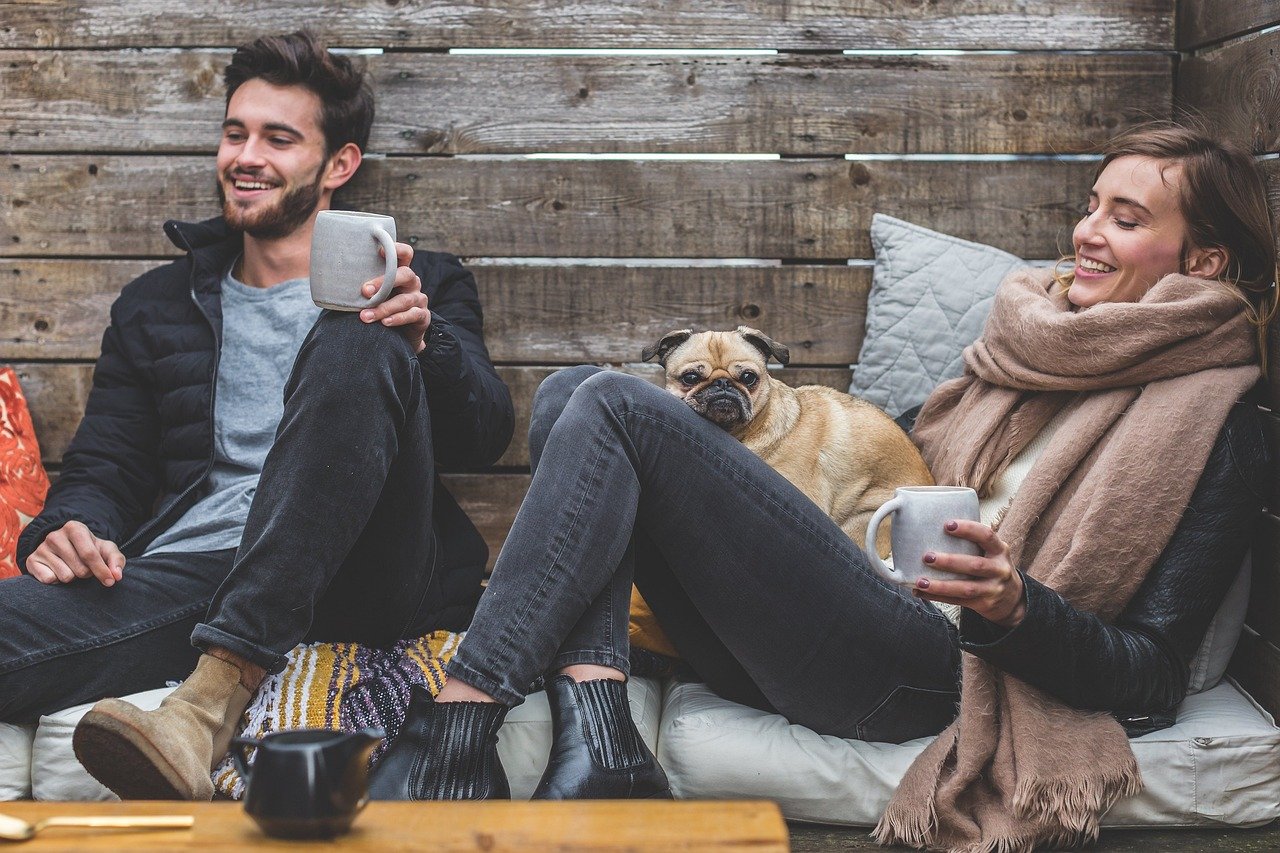
Imagine you’re snuggled up on the couch with your partner or a friend, and suddenly, your dog wriggles right in between you two. This classic move is your dog’s way of saying, “Hey, I want in on this attention!” It’s a clear signal of jealousy. Dogs often use their bodies to physically interrupt your interactions with others, whether it’s a person or another pet. You might even notice them nudging your arm or headbutting your hand if you’re petting someone else. This behavior can be endearing, but it’s also a sign that your dog feels left out or insecure. Like a toddler wanting their share of affection, your pup just wants reassurance that they still matter most.
Excessive Barking or Whining
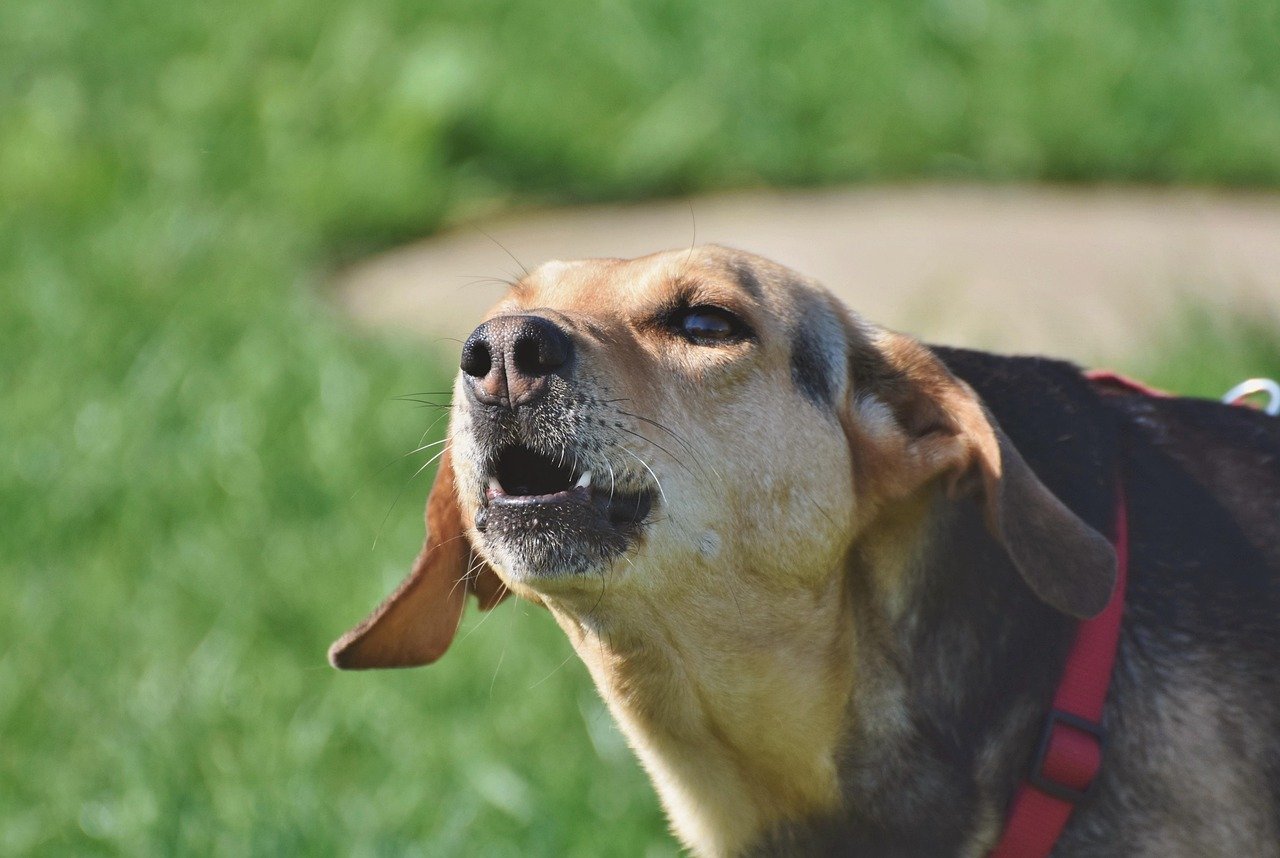
A sudden burst of barking or a chorus of high-pitched whines can interrupt even the calmest household. When dogs feel jealous, they often use their voices to grab your attention. This isn’t just random noise—it’s your dog’s way of saying, “Don’t forget about me!” You might notice this happening when you’re talking to someone else, cuddling another pet, or even just focusing on your phone. Sometimes the barking is sharp and demanding; other times, it’s a plaintive whine that tugs at your heart. Either way, it’s a plea for you to notice and reassure them.
Destructive Behavior

Have you ever come home to find your favorite pillow shredded or your shoes mysteriously chewed up? Jealousy can transform even the calmest pup into a mischief-maker. Dogs may act out destructively when they feel neglected or threatened by someone new in their environment. Chewing, digging, and scratching are all ways they might release their frustration. It’s their way of saying, “If you’re not paying attention to me, I’ll make sure you notice!” While it might be maddening, this behavior usually masks deeper anxiety or insecurity.
Clinginess and Following You Everywhere
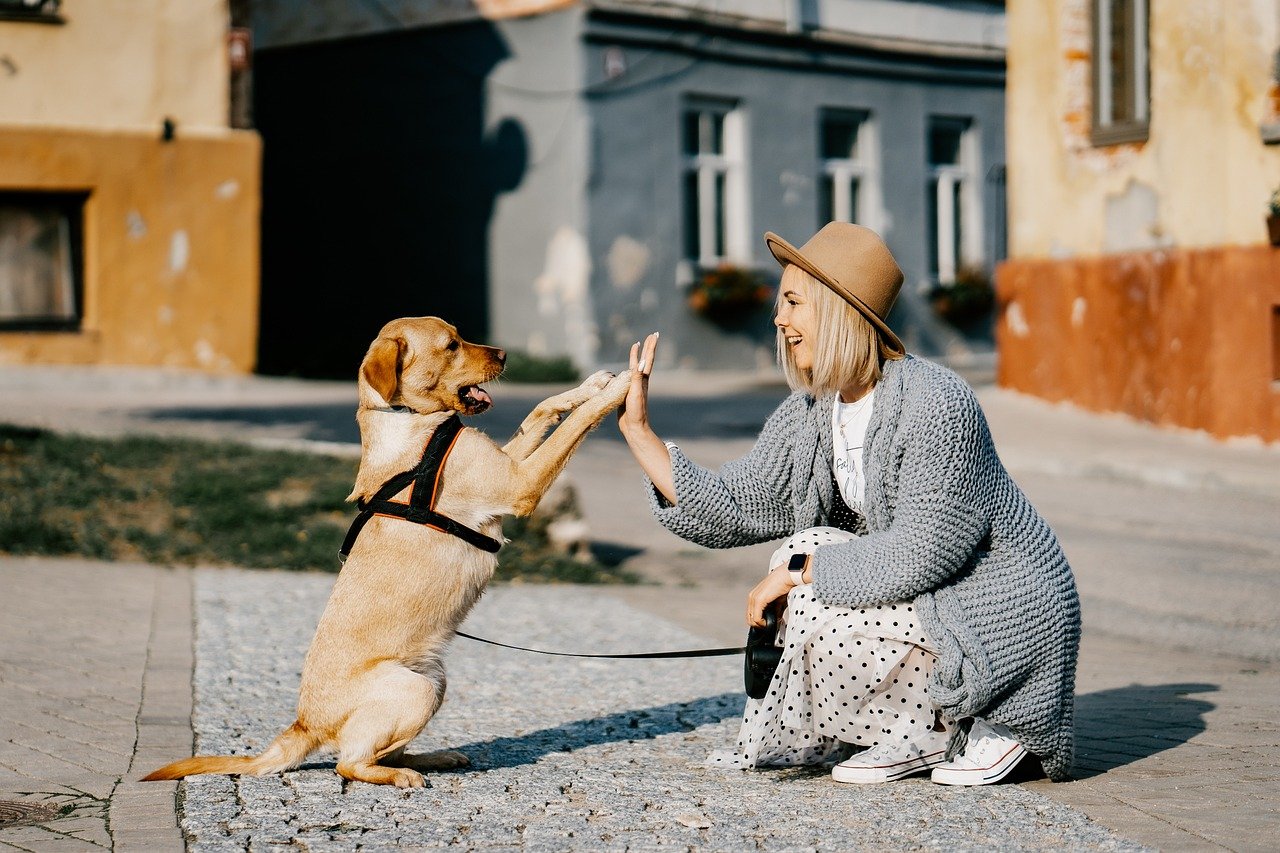
Some dogs become velcro pups when jealousy strikes. They stick to you like glue, following you from room to room and refusing to let you out of their sight. This sudden clinginess is a clear sign your dog is feeling uneasy about their place in your heart. They might lean against you, paw at you, or insist on sitting in your lap, even if they’re not usually lap dogs. It’s their way of keeping you close and making sure they’re not replaced or forgotten. Think of it as their version of texting you every five minutes just to check in.
Ignoring or Avoiding You
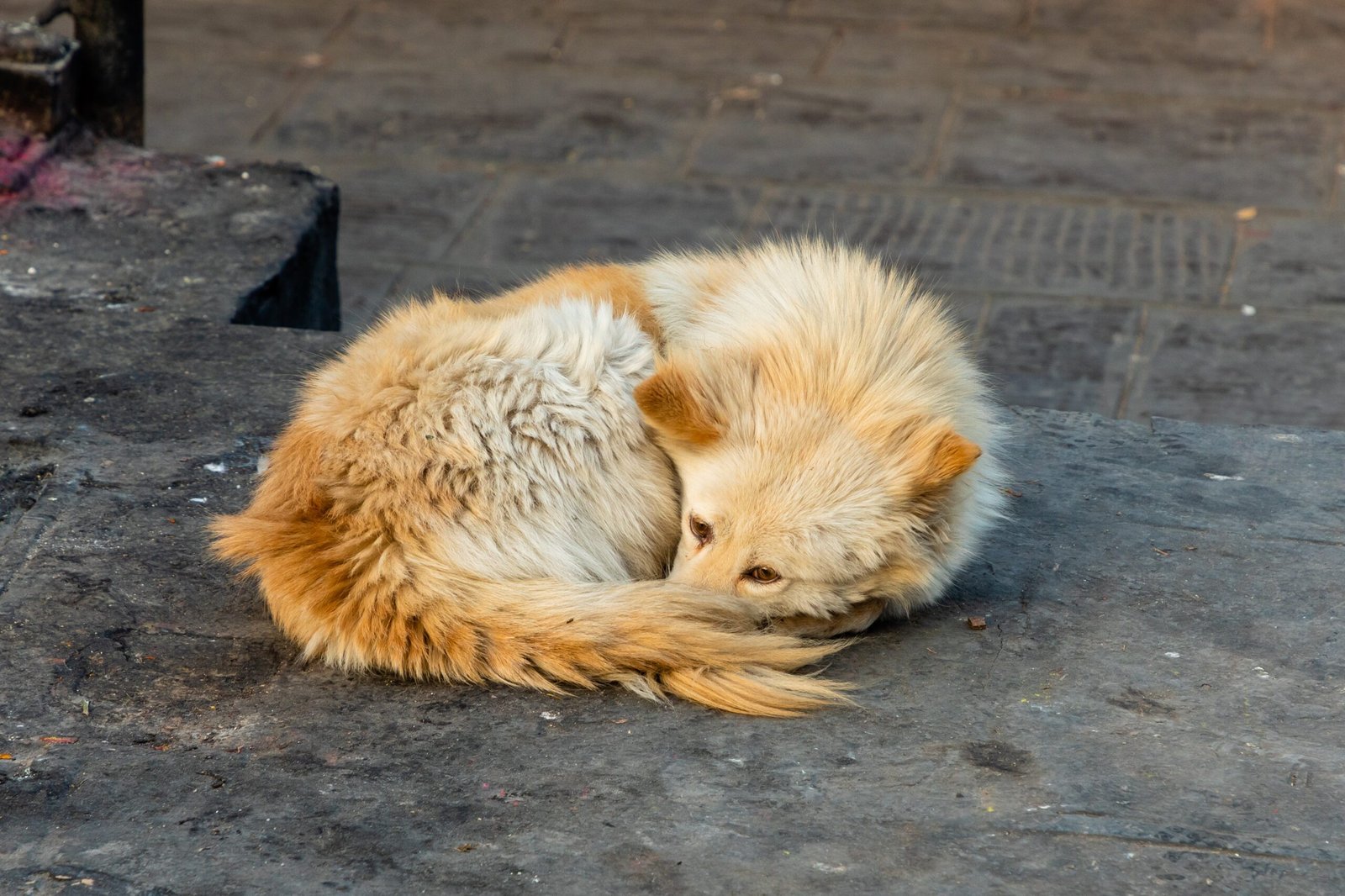
Surprisingly, not all jealous dogs demand more attention. Some do the exact opposite. If your dog suddenly starts ignoring you or avoids eye contact, they might be sulking out of jealousy. You might notice them turning their back on you, refusing to come when called, or even leaving the room when someone else arrives. This silent protest is their way of saying, “If you won’t give me attention, I won’t give you mine.” It can be both heartbreaking and a little funny, like a teenager giving you the cold shoulder.
Resource Guarding
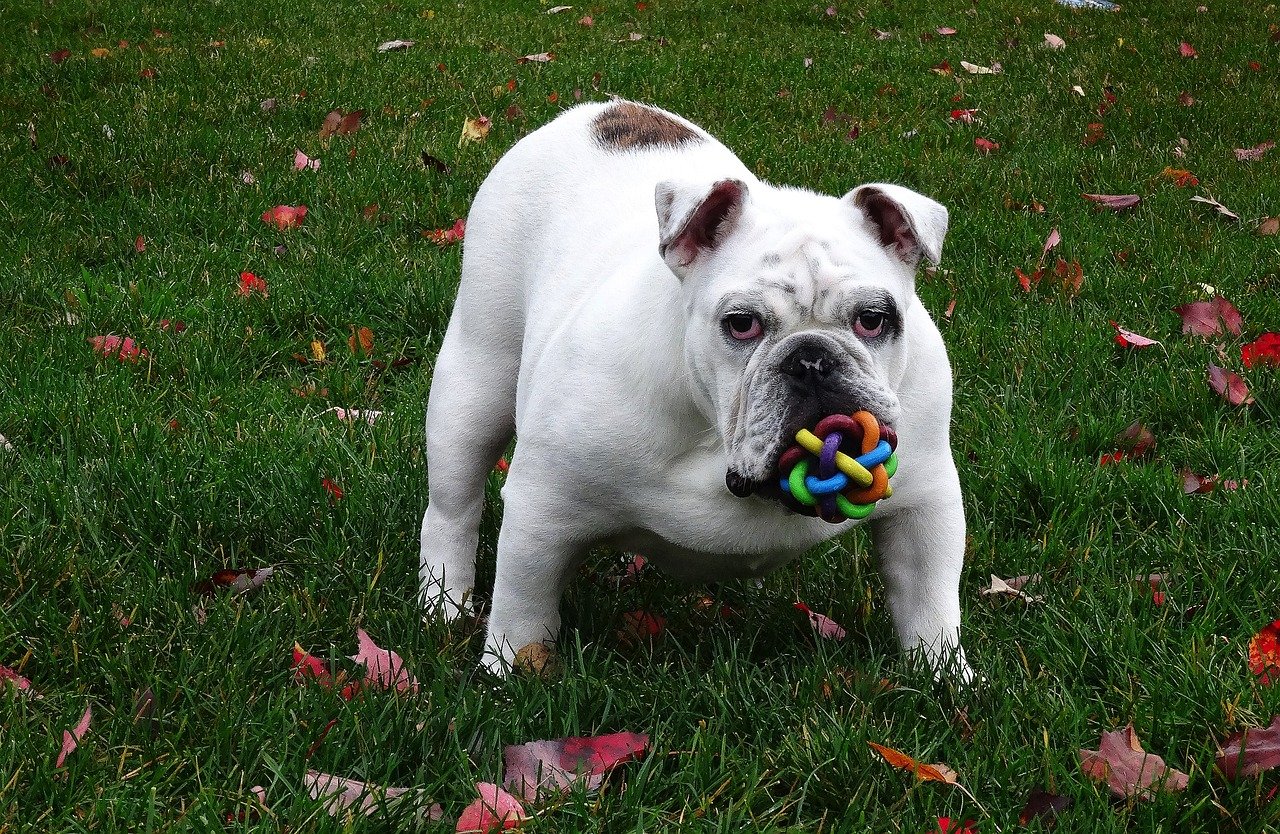
Does your dog suddenly become protective over toys, food, or even your lap when someone else is around? This possessive behavior is called resource guarding. When jealous, dogs often stake their claim on what’s most important to them—and that includes you. You might see them growling, snapping, or even just hovering protectively over their favorite things. It’s their way of warning others, “Back off, this is mine!” While it may seem aggressive, it’s usually rooted in fear of losing what they love most.
Accidents in the House
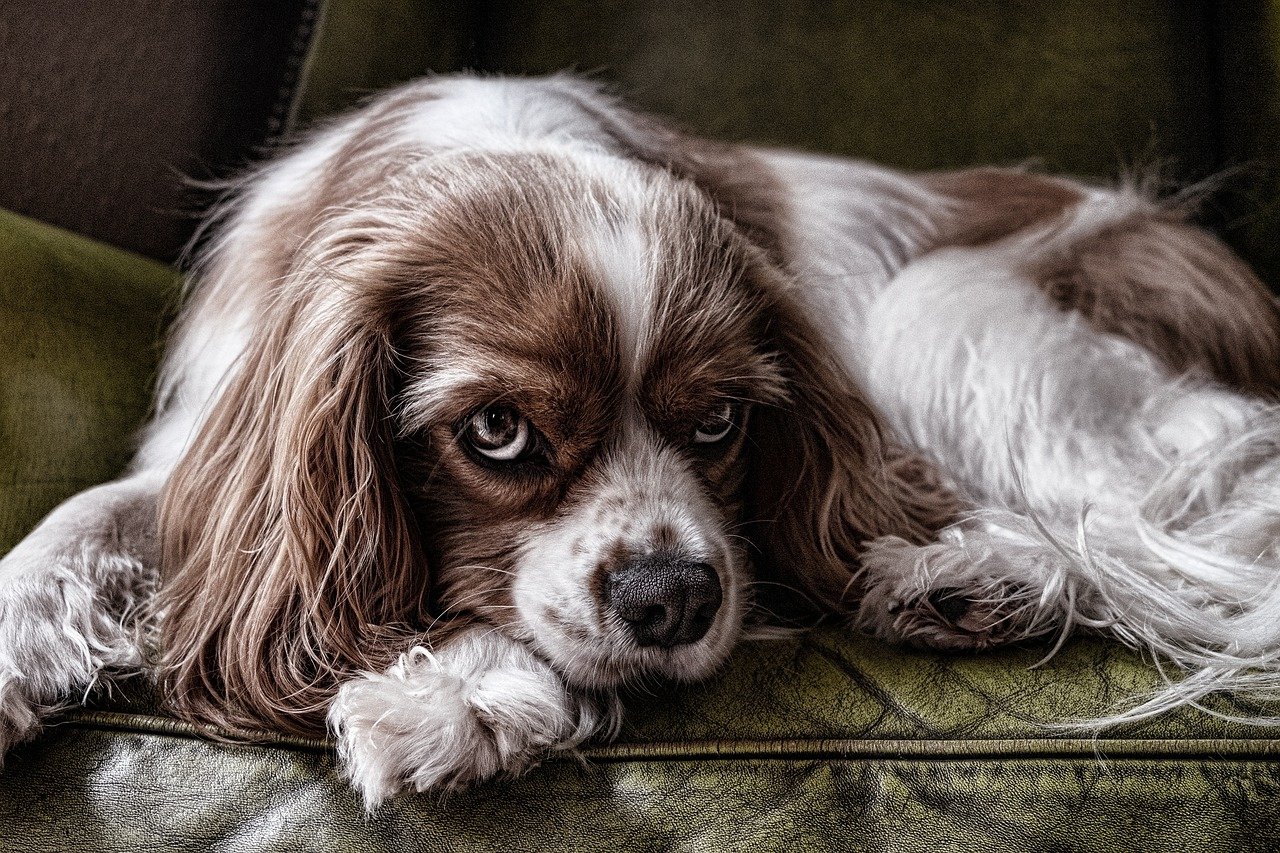
A house-trained dog suddenly having accidents indoors can be a shocking and frustrating sign of jealousy. Stress and anxiety from feeling left out or replaced can disrupt even the best potty habits. Dogs might mark their territory by urinating in new places, especially if another animal or person has entered the home. This isn’t spite—it’s a worried attempt to reassert their presence. It’s their way of saying, “Don’t forget, this is my home too!” Cleaning up these messes can be tough, but understanding the root cause can help you respond with patience.
Over-the-Top Greeting Rituals
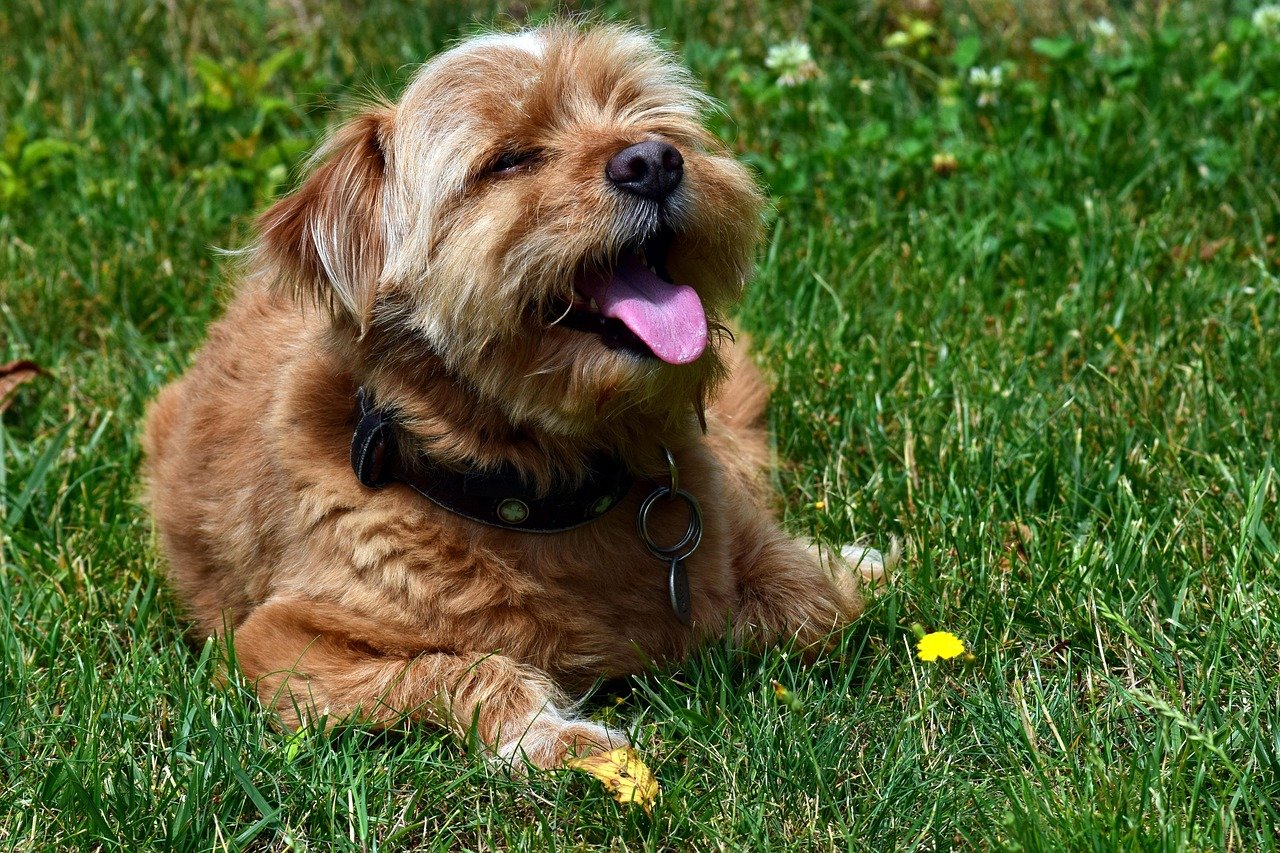
Do you come home to a dog that acts like you’ve been gone for years—even if you just took out the trash? Jealousy can amp up your dog’s greeting rituals to new, dramatic heights. Jumping, spinning, barking, and even happy howls are all ways your dog tries to win back your attention. If there’s a new pet or person in your life, these greetings may become even more exaggerated. It’s your dog’s way of reminding you, “I’m still your number one fan!”
Stealing Items That Belong to Others

A jealous dog may start snatching up items that belong to whoever they see as competition. Shoes, toys, or even pieces of clothing from the new person or pet in your life can become prime targets. This thievery isn’t just for fun—it’s a way for your dog to mix their scent with the rival’s, claiming ownership or seeking comfort. You might find your pup curled up with a stolen sock or proudly parading a toy around the house. It’s both a silly and telling sign of jealousy at work.
Sudden Loss of Appetite
When jealousy and anxiety hit hard, some dogs lose interest in food. If your usually food-motivated pup suddenly turns up their nose at dinner, pay attention. This loss of appetite can be a subtle but serious sign that your dog is feeling stressed by new changes or competition for your affection. Sometimes, the emotional turmoil just makes eating less appealing. While skipping a meal or two isn’t always cause for alarm, ongoing appetite changes should be addressed as they can signal deeper distress.
Give Each Dog Personal Attention
One of the most effective ways to calm a jealous dog’s fears is to make sure they get one-on-one time with you every day. Even if you have multiple pets, carve out special moments for each one. This could mean a walk in the park, a play session, or just some quiet snuggles on the couch. These dedicated moments reassure your dog that they’re still important to you. It’s like having a favorite friend who never forgets your birthday—those little gestures mean everything.
Establish Consistent Routines
Dogs thrive on routine, and sudden changes can fuel jealousy and anxiety. Try to stick to regular feeding, walking, and playtime schedules, even when life gets hectic. If a new pet or person is joining your household, introduce them gradually and keep as much of your dog’s routine intact as possible. Knowing what to expect helps your dog feel secure. It’s like having your favorite coffee shop always open at the same time—comforting and reliable.
Use Positive Reinforcement
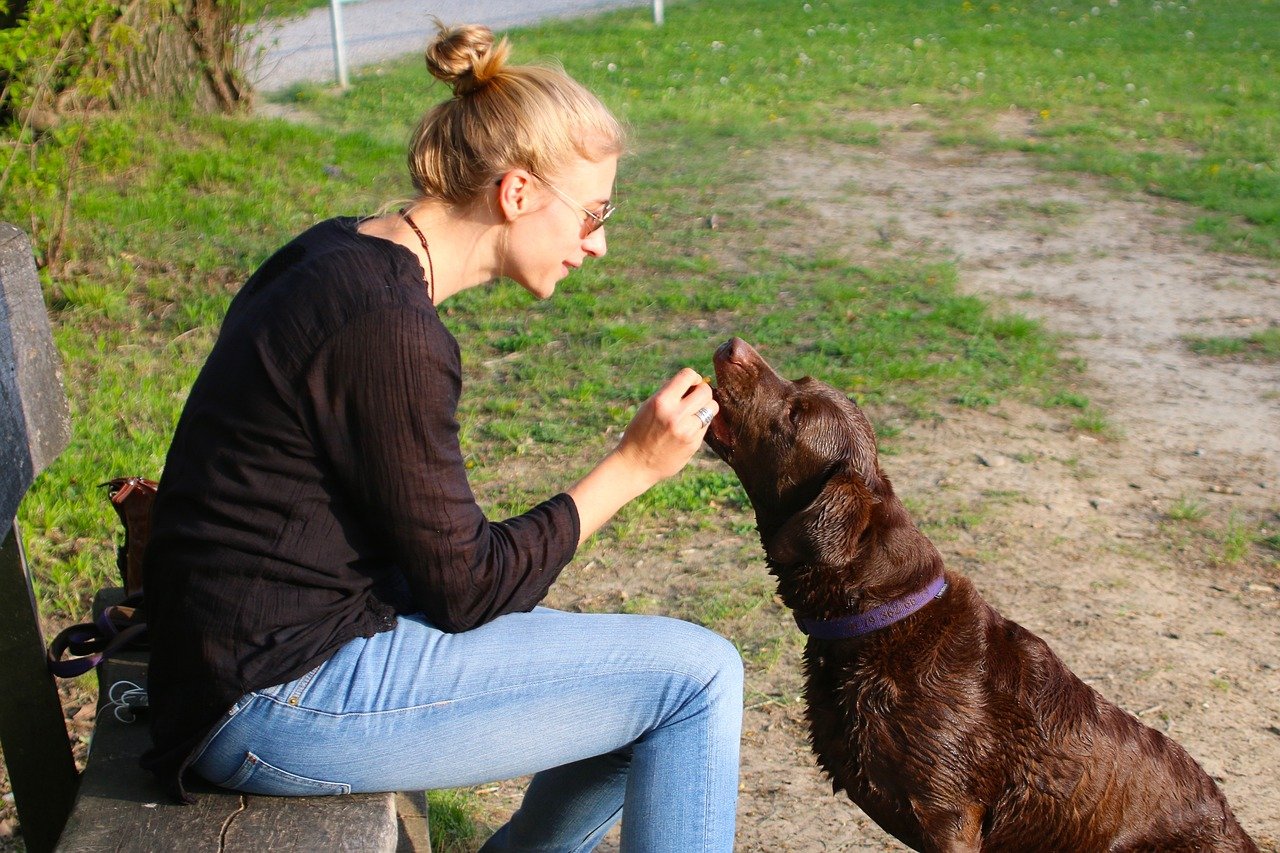
Whenever your dog behaves well around others, shower them with praise, treats, or affection. Positive reinforcement teaches your dog that good things happen when they’re calm and friendly, not when they’re jealous. This approach encourages them to see new friends or pets as a source of rewards, not competition. Think of it like giving a gold star every time your dog makes the right choice—it builds their confidence and trust in you.
Provide Mental Stimulation
A bored dog is more likely to get jealous and act out. Keep your pup’s mind busy with interactive toys, puzzle feeders, and games that challenge them. Mental stimulation helps distract from feelings of jealousy and keeps your dog focused on positive activities. Imagine yourself with nothing to do on a rainy day—your mind wanders, and sometimes it stirs up trouble. The same goes for dogs; a busy brain is a happy brain!
Encourage Socialization
Expose your dog to a variety of people, pets, and situations from an early age. Well-socialized dogs tend to handle new arrivals and changes in routine with more confidence and less jealousy. Arrange playdates, visit the dog park, or invite friends over for positive, supervised interactions. Socialization helps your pup learn that sharing your attention isn’t a threat—it’s just part of life.
Respect Their Boundaries
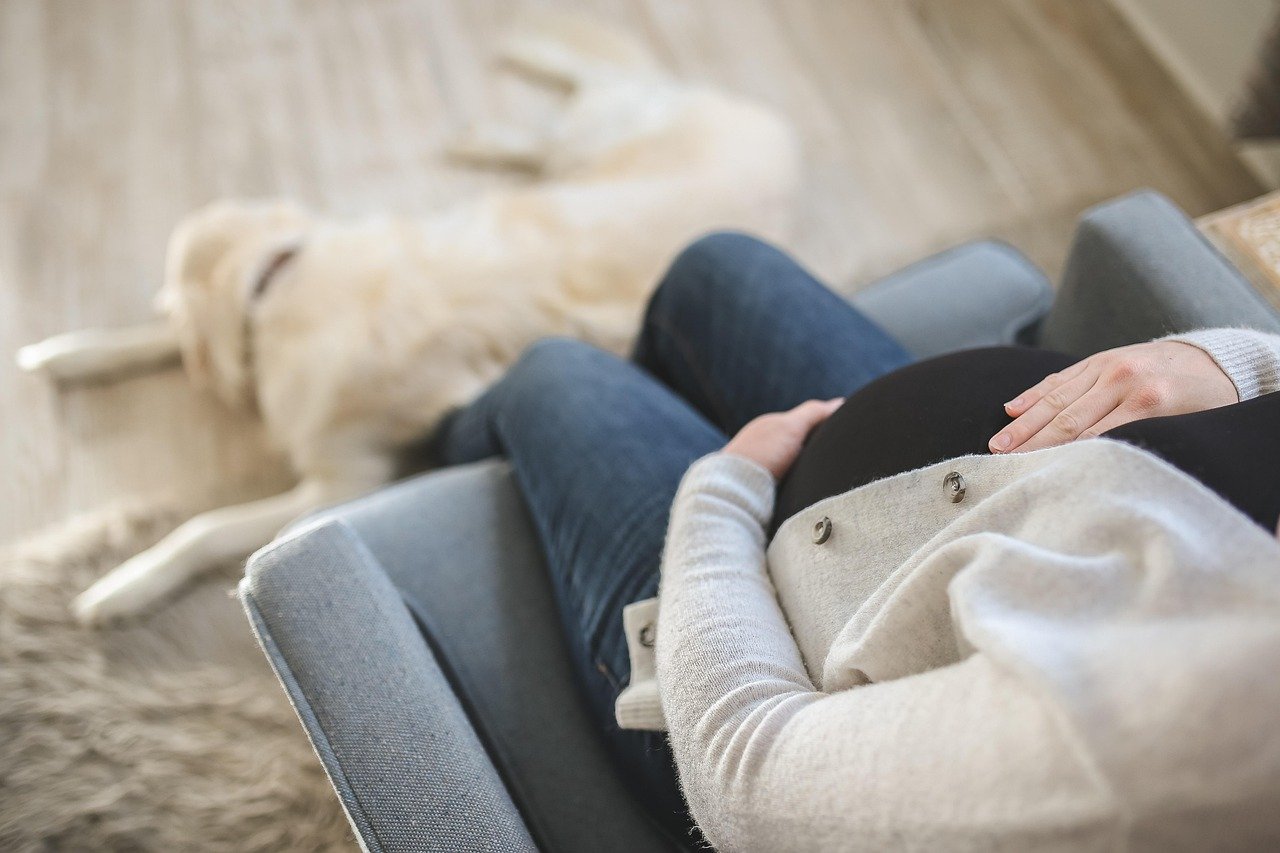
Every dog has their own unique comfort zones. If your dog seems overwhelmed or jealous, avoid forcing them into uncomfortable situations with new pets or people. Give them space to adjust at their own pace. Forcing interactions can backfire, making jealousy worse. Just like us, dogs appreciate when their feelings are respected and their needs are understood.
Offer Comfort and Reassurance
When your dog is feeling jealous, a little extra comfort can go a long way. Speak in a gentle voice, offer a favorite blanket or toy, and spend quiet time together. Sometimes, just being close can soothe anxious hearts. Your calm and steady presence reassures your dog that they’re loved, no matter what. It’s like a reassuring hug after a tough day—simple, but powerful.
Use Training and Commands
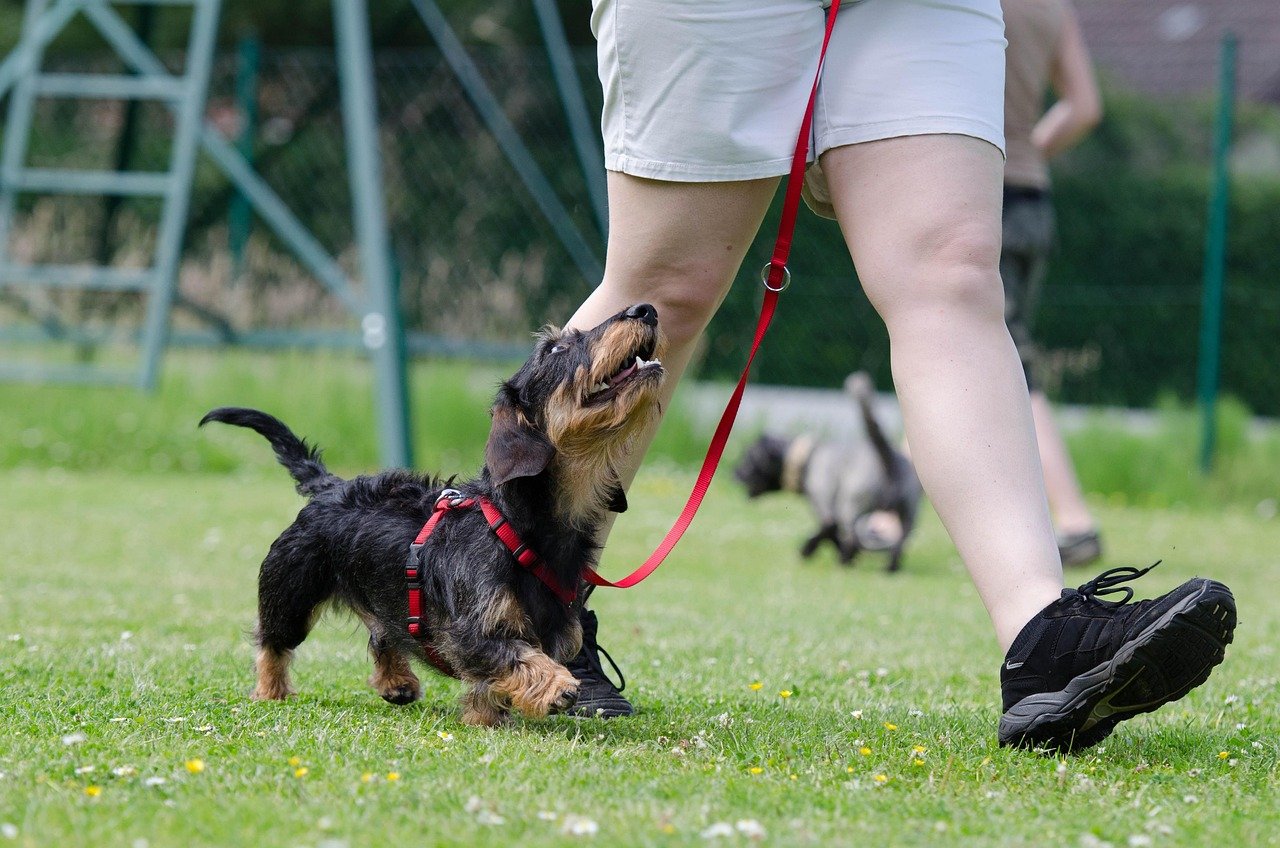
Basic obedience training isn’t just about good manners—it can also help manage jealousy. Teaching commands like “sit,” “stay,” or “leave it” gives your dog structure and confidence. When jealousy flares up, you can redirect their focus with a command and reward them for listening. This not only curbs negative behavior but also strengthens your bond. It’s like having a trusted guide through emotional storms.
Gradually Introduce New Family Members
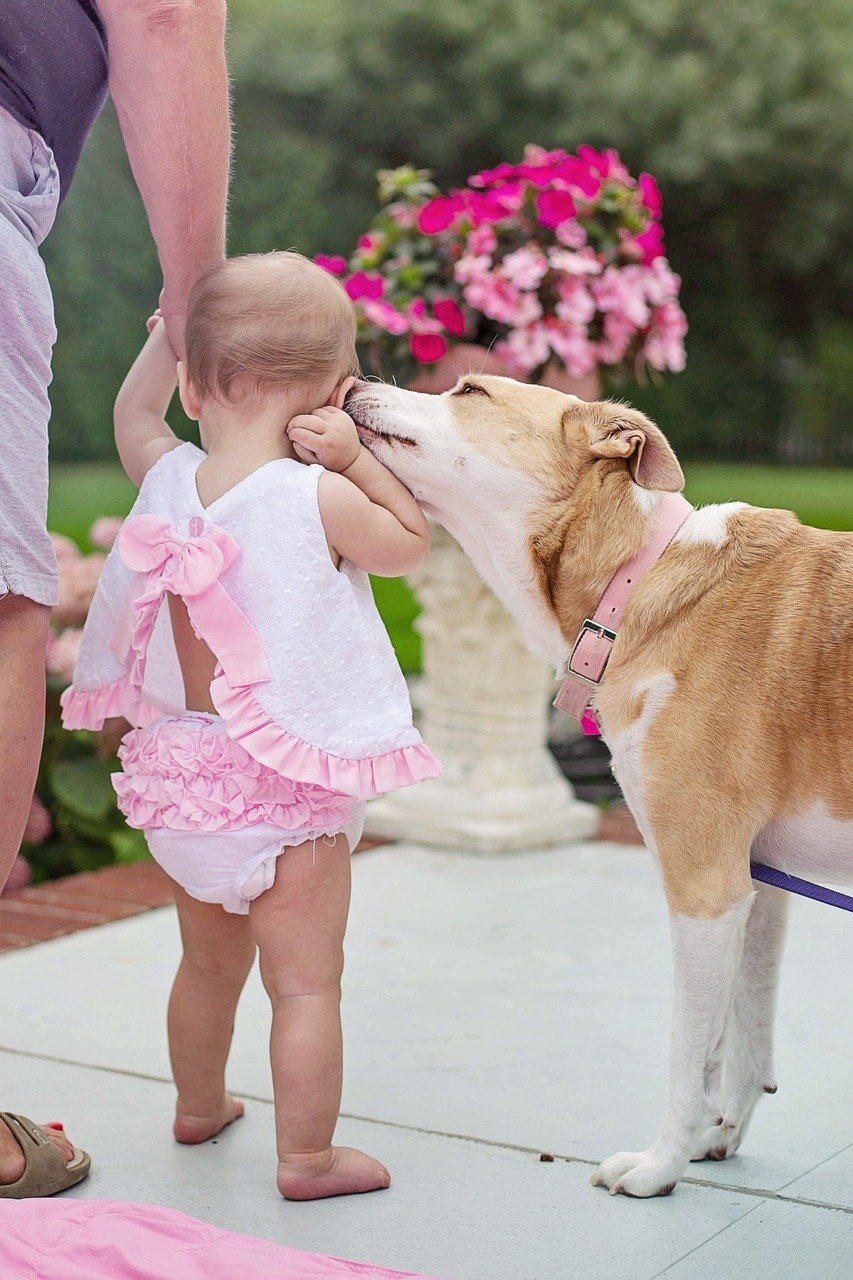
If you’re bringing home a new pet or welcoming a baby, take things slow. Let your dog meet the newcomer in a controlled, positive environment. Use treats, praise, and lots of patience. Rushing introductions can overwhelm your dog and heighten jealousy. A gradual approach helps everyone adjust and sets the stage for peaceful coexistence.
Seek Professional Help If Needed
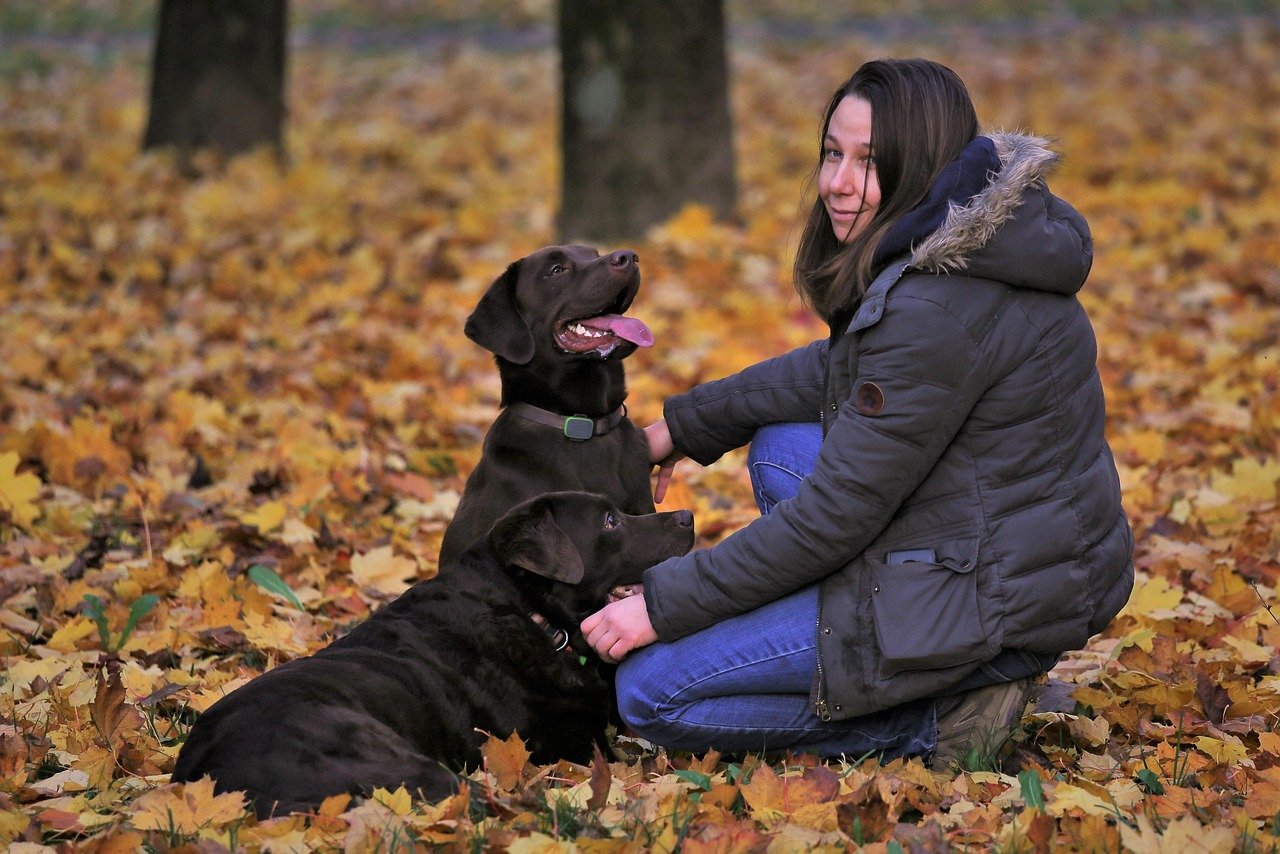
Sometimes, jealousy becomes too much to handle on your own. If your dog’s behavior is extreme or doesn’t improve, don’t hesitate to reach out to a professional trainer or behaviorist. They can offer personalized guidance and support to help your dog feel secure and happy. There’s no shame in asking for help—after all, even the best dog parents need a little backup sometimes.





